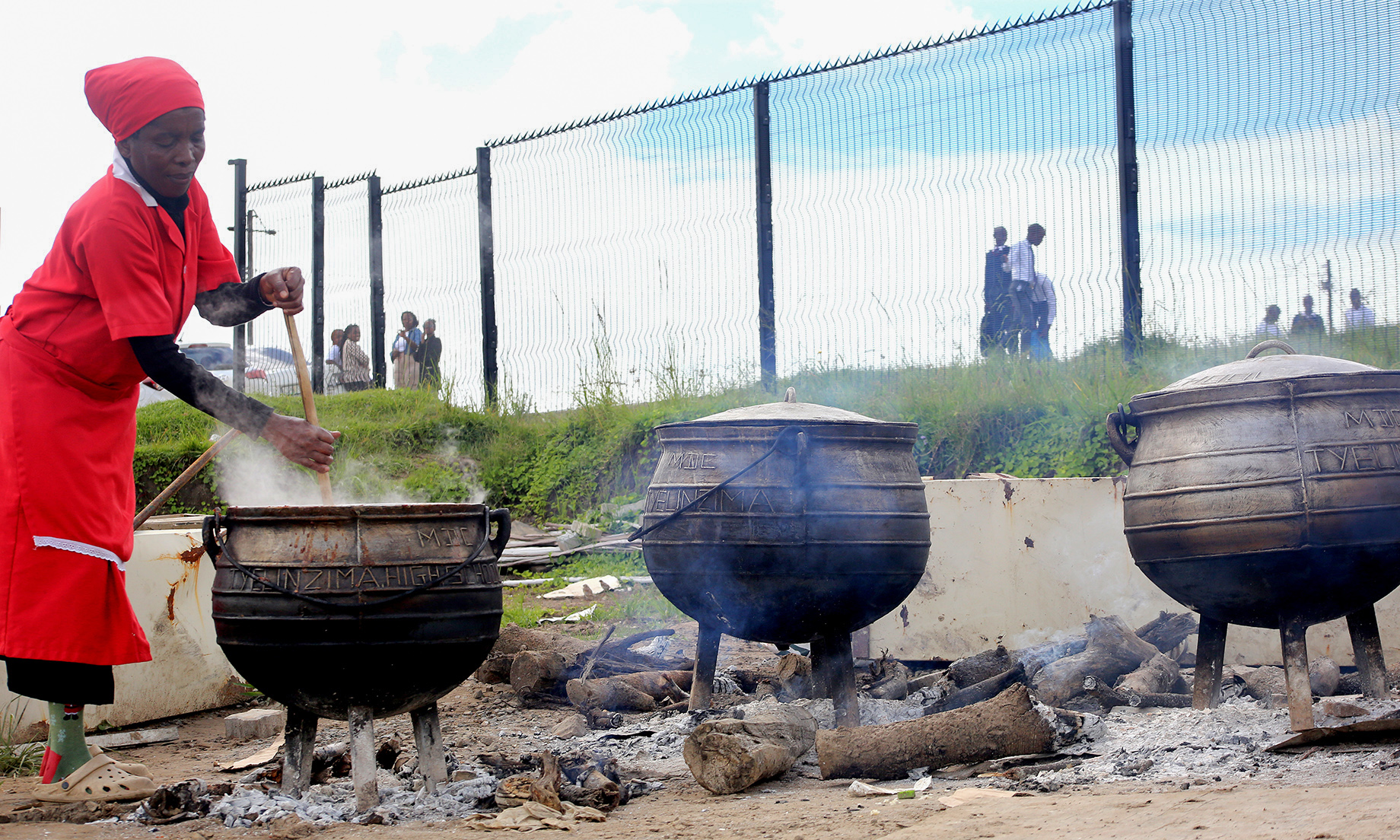‘Remember the poor people,” Melikhaya Blani from the Eastern Cape Combined Environmental Forum (ECCEF) pleaded with the National Energy Regulator of SA (Nersa) on Wednesday at a public hearing in Gqeberha into a proposed Eskom tariff increase of 36.1%.
She said child-headed households that subsisted on grants would not be able to afford electricity if the increase were allowed. “For R100 you can buy 40 units, if not 38 units,” she said.
“We already can’t afford to cook with electricity. We have to fetch wood. You really don’t deserve 36%,” said an emotional Blani.
She said that in many households, people cooked only one meal a day and relied on soup kitchens for the second meal.
“Even myself, [I] have to do that,” she said. “We can’t even afford a loaf of bread any more. Eskom, you are killing us. You are a silent killer.”
She said their community also suffered constant power outages.
Read more: Nelson Mandela Bay manufacturers and unions cry foul over Eskom’s proposed tariff increases
Linda Festil, also from the ECCEF, said not enough communities had heard about the public hearings.
“We can’t afford newspapers and data,” said Festile. “We feel that this public meeting is not public enough.”
Pandora Mguqulwa from the Women in Energy and Climate Change Forum said mothers were forced to cook on wood fires as they could not afford electricity. She said the Nelson Mandela Bay Municipality’s electricity provision was unreliable.
Eskom’s case
Nersa will decide by the end of December on Eskom’s application to increase tariffs.
Eskom chief financial officer Calib Cassim made a presentation to Nersa to justify the application for an increase.
He said it was important to “appreciate” Eskom’s strategy.
“We have made a strategic shift from shutting down plants and will continue operations at plants [previously earmarked for closing] to 2030 to ensure security of supply,” he said.
Cassim said this had cost implications that formed part of the application. These costs covered maintenance and additional electricity production. He said Eskom’s leadership had been stabilised and they were addressing fraud and corruption within the organisation.
He said it was important to realise that the industry was changing and that Eskom also had to make changes, including the roll-out of smart meters.
He said their application ensured a “fair return” for the power utility and was in line with its plan to be self-sufficient and not reliant on the Treasury.
Eskom had consulted with the South African Local Government Association and the Treasury on the tariff increase application as required, he said.
Cassim highlighted that only 20% of households that can benefit from a set amount of free electricity per month were currently receiving it.
“That is less than two million customers.”
He said this benefit was administered by municipalities and the situation was worsening. DM





